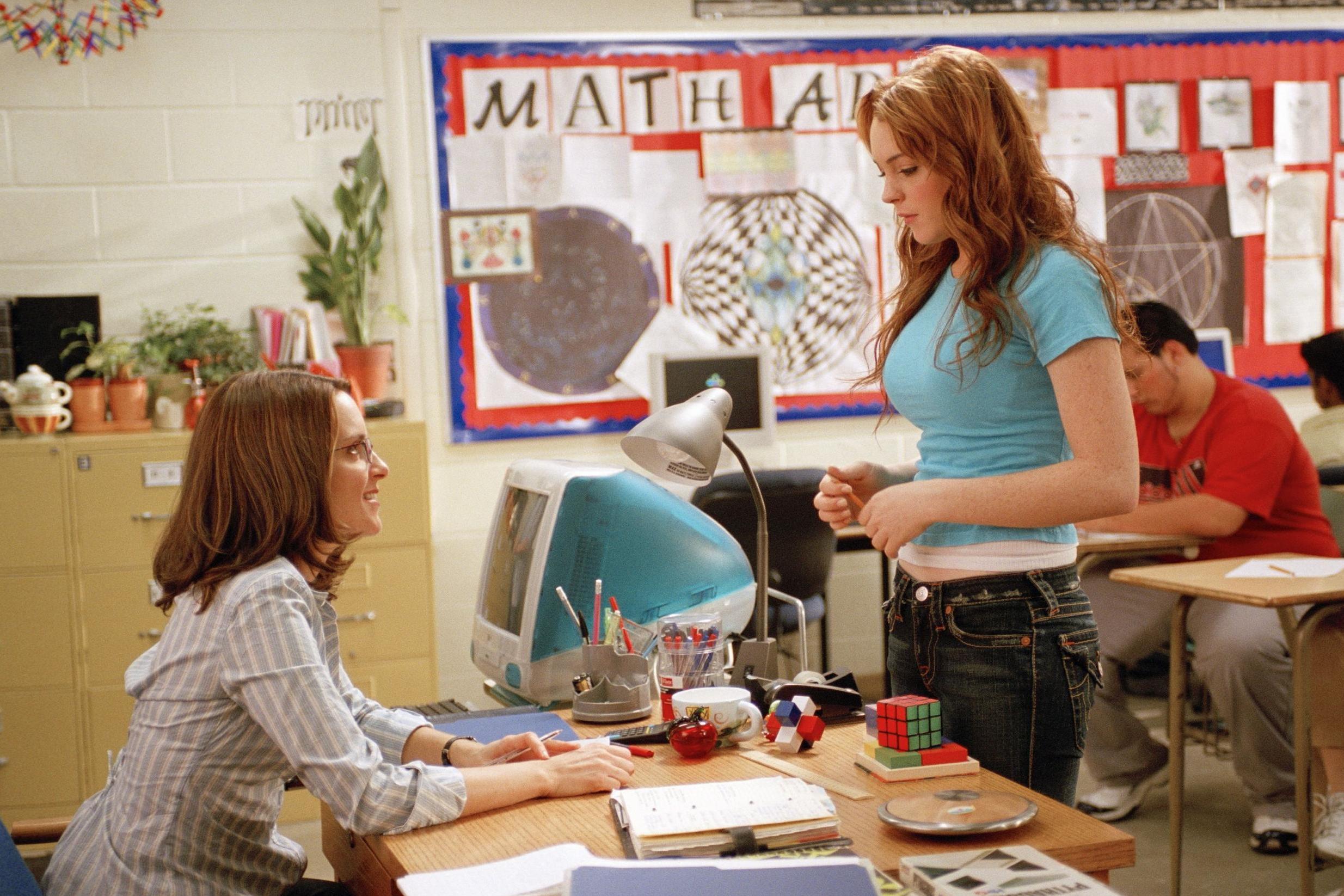Majority of British people think children should be taught about orgasms in schools
Previous research on ‘the orgasm gap’ suggests most women don’t climax during sex

Your support helps us to tell the story
From reproductive rights to climate change to Big Tech, The Independent is on the ground when the story is developing. Whether it's investigating the financials of Elon Musk's pro-Trump PAC or producing our latest documentary, 'The A Word', which shines a light on the American women fighting for reproductive rights, we know how important it is to parse out the facts from the messaging.
At such a critical moment in US history, we need reporters on the ground. Your donation allows us to keep sending journalists to speak to both sides of the story.
The Independent is trusted by Americans across the entire political spectrum. And unlike many other quality news outlets, we choose not to lock Americans out of our reporting and analysis with paywalls. We believe quality journalism should be available to everyone, paid for by those who can afford it.
Your support makes all the difference.Most British people think children should learn about orgasms at school, a YouGov survey has found.
More than half (57 per cent) of the 3,358 adults surveyed by the market research company supported the suggestion, which comes weeks after Labour MP Jess Phillips made headlines for saying "we should be telling girls about orgasms during sex education."
The 37-year-old, who represents Birmingham Yardley, added that “women’s expectations should be greater” when it comes to sex and that this starts by expanding the topics covered in sex education.
Evidently, many people agree, with more than 90 per cent of survey respondents saying that consent, contraception and sexual harassment should also be taught in schools.
Meanwhile, 89 per cent said both genders should be taught about periods while 73 per cent concurred that learning the difference between the sex depicted in pornography and sex in real life is also needed.
But support decreased when it came to learning about specifics, with just 25 per cent of respondents saying children should be given lessons on sexual fetishes and 21 per cent saying they should be taught how to give sexual pleasure.
As for LGBT+ issues, more than half (69 per cent) said children should be encouraged by teachers to hold the view that “homosexuality is ok” and an additional 51 per cent said the same for transgenderism.
These views differed vastly between generations and genders. According to the study, older men far less likely to want schools to teach that homosexuality is acceptable compared to 80 per cent of men and 84 per cent of women between the ages of 18 and 29, who believe they should.
The findings come after the Department of Education called for parents and young people to share their thoughts on what topics should be covered in sex education in schools to help shape what will be its first update in 17 years.
In the current curriculum, there is no mention of cyber-bullying, LGBT+ issues, consent or pornography.
“For much of the potential subject matter, from the more well-established teachings on STDs, pregnancy and contraception to more contemporary content like consent, relationships and staying safe online, there is near universal approval among men and women of all ages,” reads a statement from YouGov on the findings.
“If the government were to continue to press on with [former education secretary] Justine Greening’s proposals to overhaul the sex education curriculum, they would find the British public very receptive.”
Join our commenting forum
Join thought-provoking conversations, follow other Independent readers and see their replies
Comments